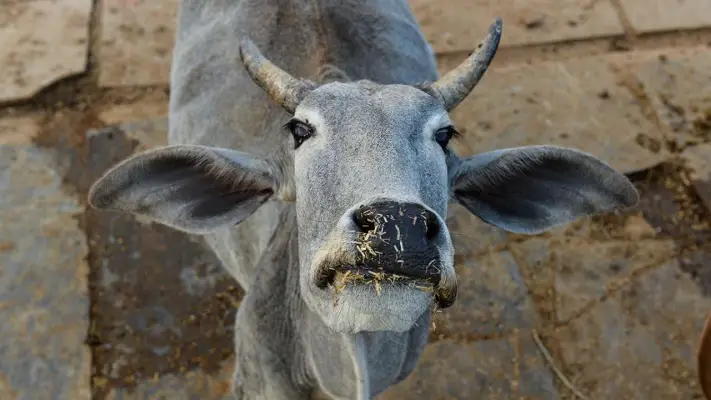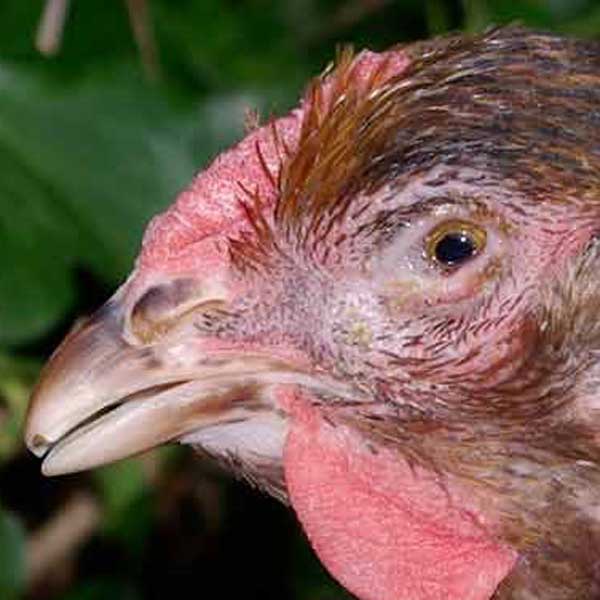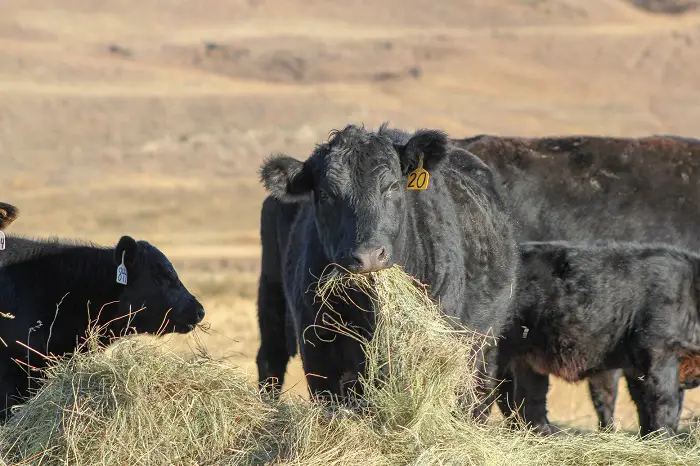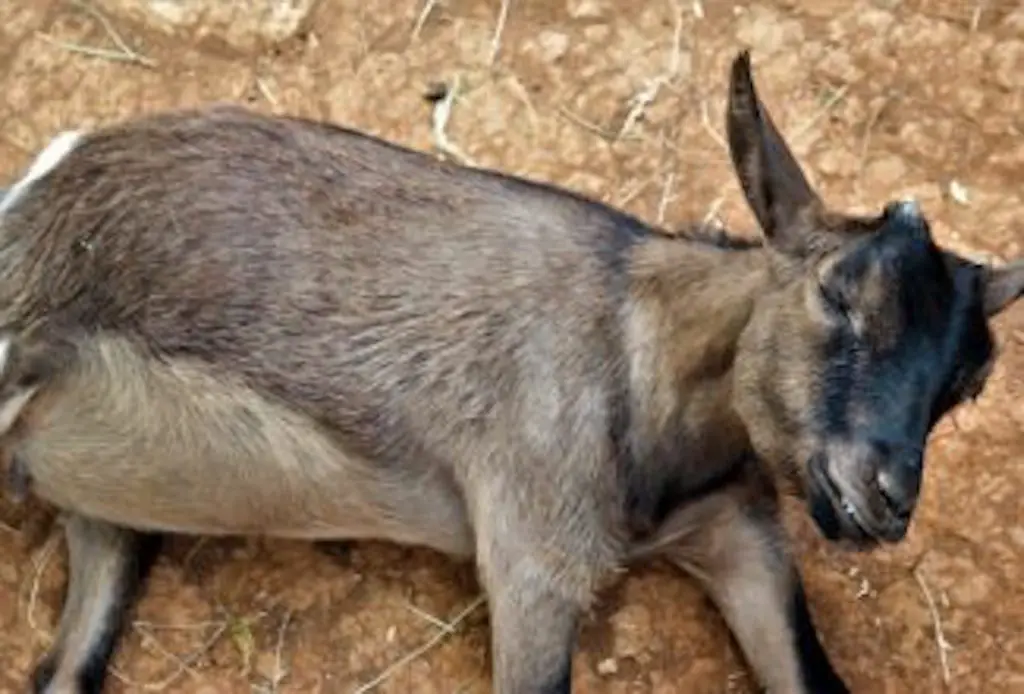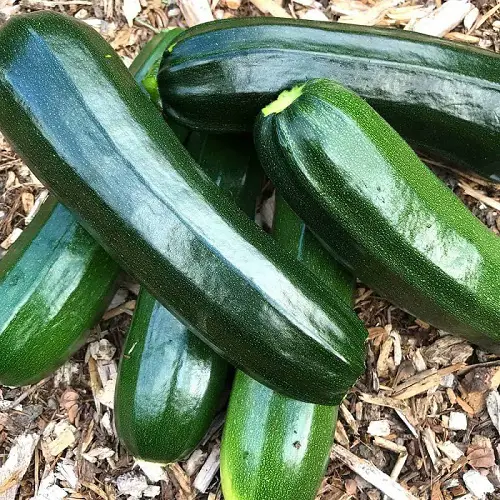The answer to the question “can cows vomit” is a yes, cows can vomit. It is important however to clear some of the confusion between vomiting and regurgitation in cows. Vomiting refers to the ejection of substances from the mouth usually as a way of getting rid of unwanted substances from the digestive system. On the other hand, regurgitation is a normal digestive process for cows and other ruminant animals. When cows regurgitate, the cud or food that is partially digested moves back into the mouth from the stomach, it is re-chewed and swallowed again. This is normal and the chewing is slower compared to the chewing during eating. Sometimes vomiting in cows is referred to as abnormal regurgitation.
Contents
Why Cows Vomit?
Those with experience with cows may agree that it is rare to see cows vomit. One may spent years without seeing cows eject food from their mouth. Having your cow vomiting will need you to take immediate action and consultation with your veterinary services.
Eating Toxic Plants
This is the most problem that affect cows leading to vomiting. Cows feed on plants and some of these plants are toxic to the animals. Some plants contain alkaloids which are poisonous to cows. Many plant species have this constituent which if eaten by a cow, it will vomit. This poisonous substance causes disturbances in the cow’s ruminant digestive system and to get rid of the poison the cows eject the food through their mouths. Examples of plants toxic to cows are larkspur, black cherry, black nightshade and many more. All these plants contains toxic elements to the cows’ digestive system. Regular checks on your cows is important to identify any change in behavior.
Excessive Administering of Fluids Using Esophageal Tube
It is a common practice for cattle owners to use esophageal tubes to feed their calves or administer fluids to their cows. This can be done as part of dosing or feeding calves in their early days. When more food or liquid is administered to the cow than it can handle, the cow may be forced to vomit. This is not voluntary action, it is referred to as forced vomiting. Cattle owners should be able to differentiate this type of vomiting from other cases of food poisoning. As mentioned above, it is a rare occurrence for cows to vomit and when it happens attention has to be given immediately.
Diseased Cattle
Vomiting in cows is not common but however some intestinal disease may also lead to vomiting of your cows. Many intestinal diseases may affect the cows ‘digestive system and cause stomach unrest. The cow may be forced to vomit as a sign of disturbances within its digestive system. Esophageal disorders in cows are also known causes of abnormal regurgitation, where fluid and feed particles are ejected though the mouths of cows. An example of a disease that can cause vomiting in cows is abomasal lymphosarcoma. It is a cancer condition that affects the cells of the abomasum system of the cows. Vomiting can also be a sign of this infection in your cow.
What To Do If Cow Vomit
Cows rarely vomit but if they do so immediate action need to be taken. One should however be able to distinguish between regurgitation and vomiting. If it is regurgitation there is no problem with your cow. It’s going through a normal ruminant digestion process of cud chewing. If the cow is vomiting, do the following quickly.
- Check if there were any fluids administered using esophageal tube. If there was an administration of fluids using the tube, chances are high that there was overdose and vomiting is a way of getting rid of the excess fluids. It is normal and you may need to reduce the volume of your dose to the cow ad observe how the cow behaves.
- If vomiting of the cows is due to feeding on toxic plants you may see signs like facial expressions of pain, lowered head, drooping ears, and a stiff gait. The cow at times will progress to a straddled stance and in some instances collapse and fail or struggle to stand. You will need to immediately call your local veterinary officer to come and check your cows. This should be done immediately as the cow may die from this plant food poisoning. The veterinary officer may give you advice of what to do.
- If poisoning is due to plant poison you may need to identify the poisonous plant and destroy it so that cows will not consume it again. Alternatively you may need to use paddock well cared for so that your cows are not exposed to various toxic plants in the grazing areas. Always keep check of the health of your cows.
Why Cows Regurgitate
Regurgitation unlike vomiting is very common and normal in cows. All cows being ruminant animals have four stomach chambers, the rumen, reticulum, omasum and abomasum. Cows eat quickly and swallow their food without chewing. The food then goes to the rumen which contains many bacteria that produces cellulase enzyme to help digest cellulose from animal food. The partially digested food is forced back again into the mouth from the rumen for proper chewing. This is what is called regurgitation in cows, it is not vomiting. From there, food goes to the rumen, omasum and abomasum where it then goes to the intestines. This process is normal and if your cow does not chew its cud for more than six hours there might be a problem.
Conclusion
From the discussion it is possible for cows to vomit. Vomiting can be a sign of plant food poisoning caused from consumption of toxic plants or can be induced by excessive administration of fluids using esophageal tube or diseased animals. Immediate action has to be taken when a cow vomits since this is not a usual occurrence. Regurgitation on the other hand is very common and normal in cows and should not be confused with vomiting. Always have the veterinary officers contact details in place for emergency situations.
